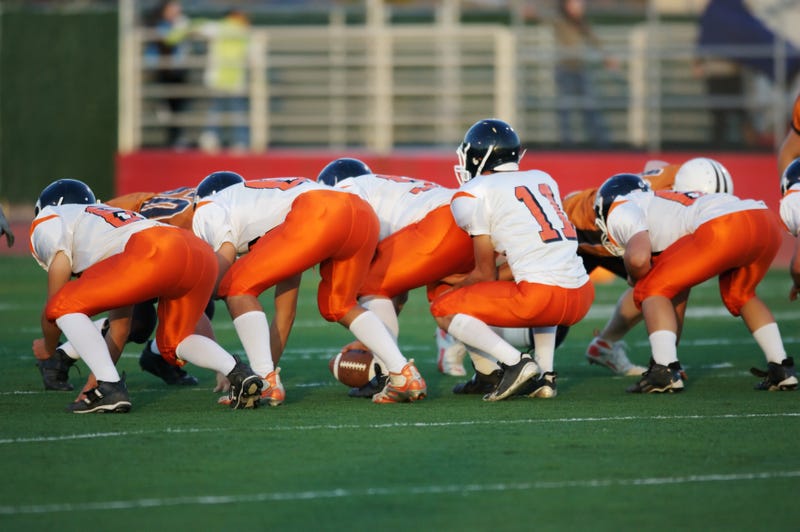
LANSING (WWJ) – There’s a push in Lansing to allow Michigan high school athletes to make a little extra cash, as legislation would allow them to make a profit on their name, image and likeness rights.
The bill, which would give high school athletes similar NIL rights to those of college athletes, was discussed in the Michigan House of Representatives’ Higher Education Committee on Wednesday.
Sponsored by Democratic Rep. Jimmie Wilson of Ypsilanti, the Compensation of High School Athletes Act would “prohibit a high school from upholding any rule, requirement, standard, or other limitation that prevents a student of that high school from fully participating in high school athletics based on the student’s earning compensation from their use of their NIL rights.”
Speaking during the committee hearing Wednesday, Wilson said the move would see Michigan join about 20 other states that have implemented NIL rules at the high school level.
“Athletes should get compensated for their name, image and likeness. But obviously, we’re talking about high school athletes, so we want to make sure safeguards are in place,” Wilson said.
He says it wouldn’t be comparable to high school students becoming professional athletes.
“Professional athletes, they’re actually paid for their performance. This is not paid for performance, this is for sponsorships for their name, image and likeness,” Wilson said. “So I think that’s where you have the difference of a professional athlete and what we’re trying to do here with collegiate athletes and high school athletes.”
Wilson says parents or guardians would have to be involved in any contracts and students wouldn't be allowed to endorse alcohol, tobacco, adult entertainment, gambling, firearms, or dietary supplements.
During Wednesday’s hearing Democratic Rep. Angela Witwer of Eaton County spoke on similar legislation at the collegiate level, which she says would not only allow them to profit from their own NIL rights but provide them with new opportunities and potential revenue streams.
“The primary objective of the NIL legislation is to empower student athletes by recognizing their rights to control and monetize their own NIL,” Witwer said.
She said the bill “acknowledges the value and marketability of student athletes’ personal brand and allows them to capitalize on their popularity, endorsements and other business ventures,” preparing them for life beyond athletics.
